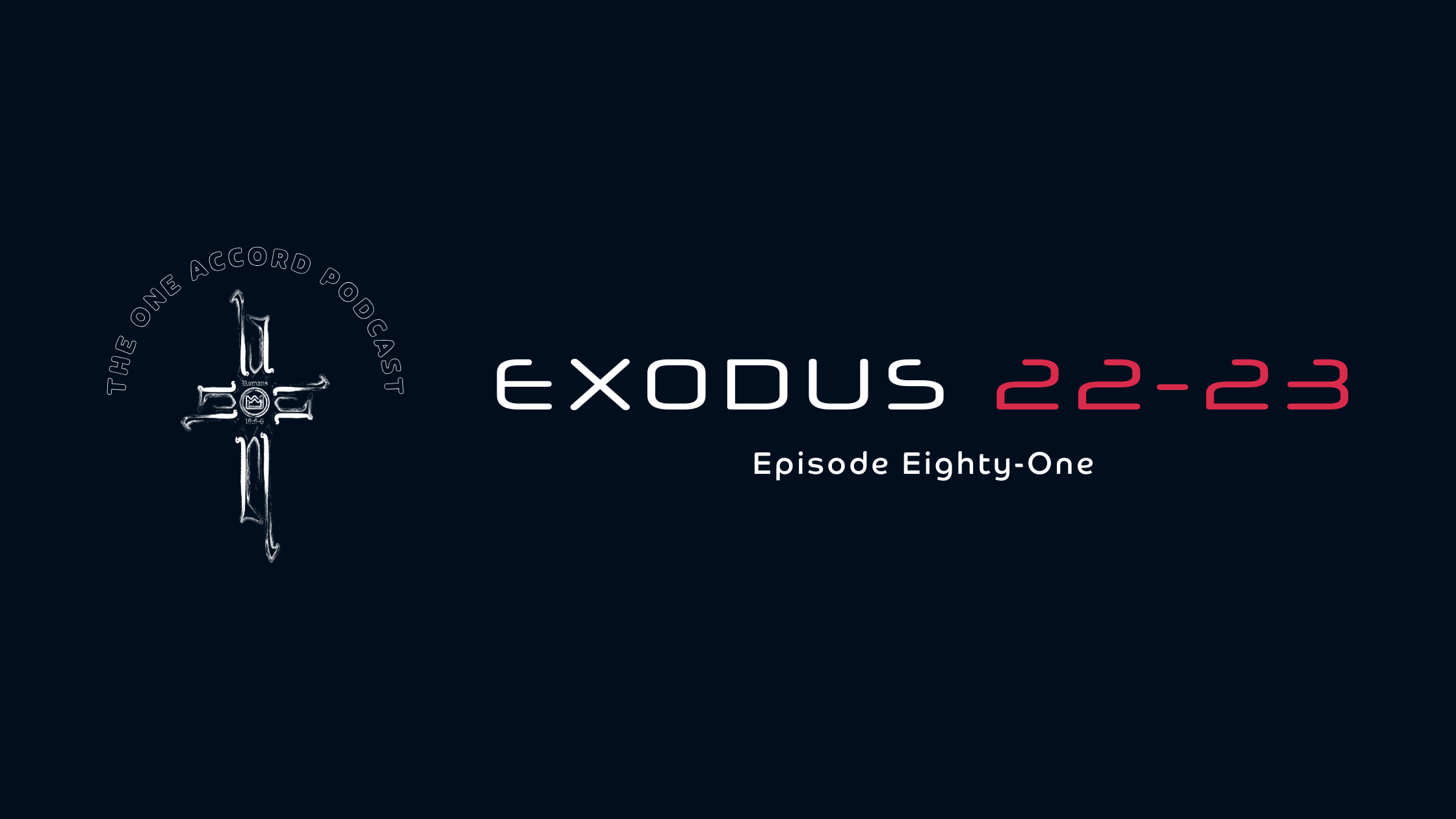Exodus 22-23
Divine justice balances restitution, protection for the vulnerable, and worship.
Let’s talk about it.
Episode summary
In this episode, the hosts delve into Exodus chapters 22 and 23, focusing on the laws regarding theft, restitution, and the treatment of the vulnerable. They discuss the principles behind restitution, the severity of different types of theft, and the overarching themes of God's character as reflected in these laws. The conversation emphasizes the importance of understanding the law as a cohesive whole and the need for a biblical definition of social justice. In this conversation, the speakers delve into various themes surrounding compassion, financial responsibility, and the moral implications of debt and interest. They discuss the societal expectations of education, the importance of wisdom in financial decisions, and the biblical perspective on interest and lending. The conversation also touches on the significance of the Sabbath as a means of social welfare and the role of national feasts in fostering unity and remembrance among the people. Additionally, they explore the complexities of God's judgment regarding the Canaanites, emphasizing the importance of understanding context in biblical narratives.
Key Takeaways
Restitution is determined by the value of the stolen item.
The severity of theft is based on the type of animal stolen.
Deliberate actions, like allowing animals to graze in another's field, incur greater restitution.
The law reflects God's concern for the vulnerable and needy.
God's laws were given in response to the vile behavior of other nations.
The laws emphasize the importance of protecting widows, orphans, and strangers.
Understanding the law requires reading it as a whole, not in isolation.
The context of the law is crucial for interpretation.
Social justice should be defined by biblical standards, not societal trends.
The law balances the rights of property owners with the needs of the poor. Compassion should guide our actions towards the less fortunate.
Understanding the implications of debt is crucial for financial health.
Education should be viewed as a privilege, not a right.
Interest can perpetuate financial inequality and hardship.
Wisdom in financial decisions can prevent long-term consequences.
Delayed gratification is essential for achieving long-term goals.
The Sabbath serves as a social safety net for the needy.
National feasts foster unity and gratitude among the people.
Cruelty in practices is condemned in biblical law.
God's judgment is based on behavior, not race.

